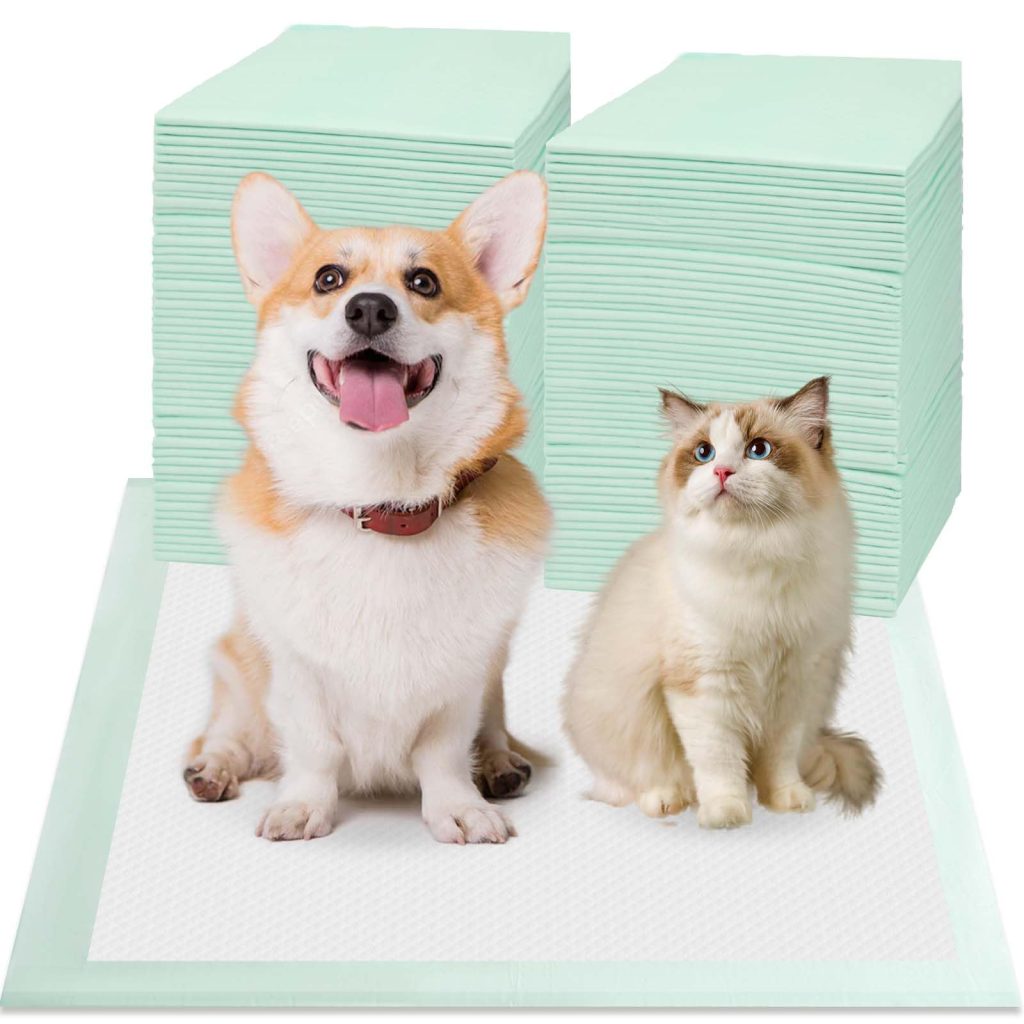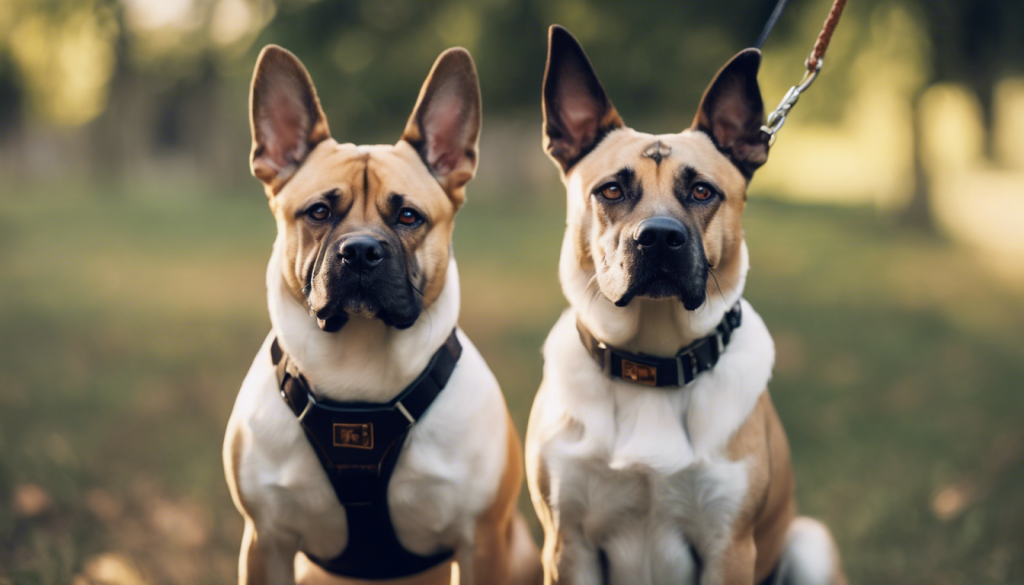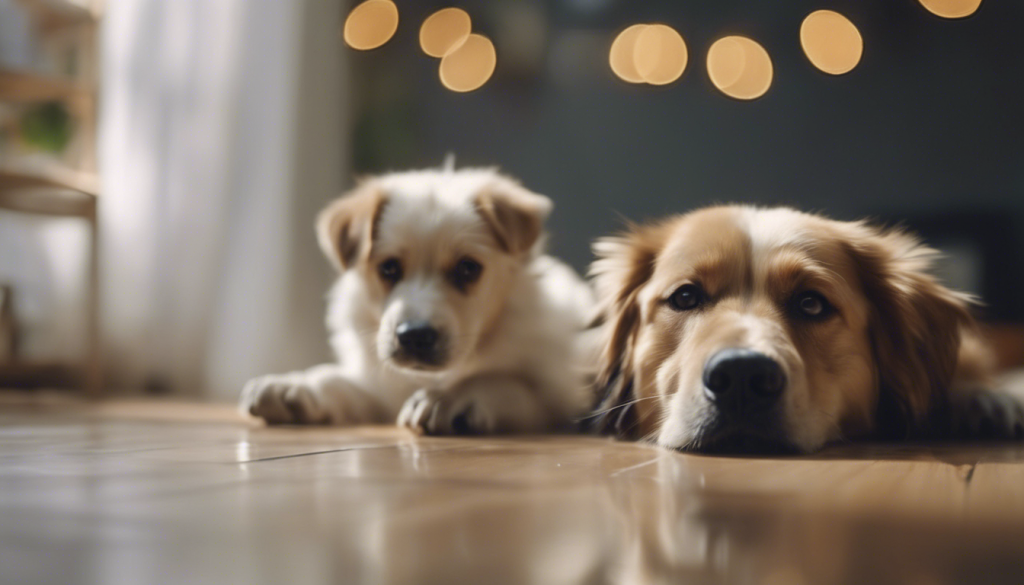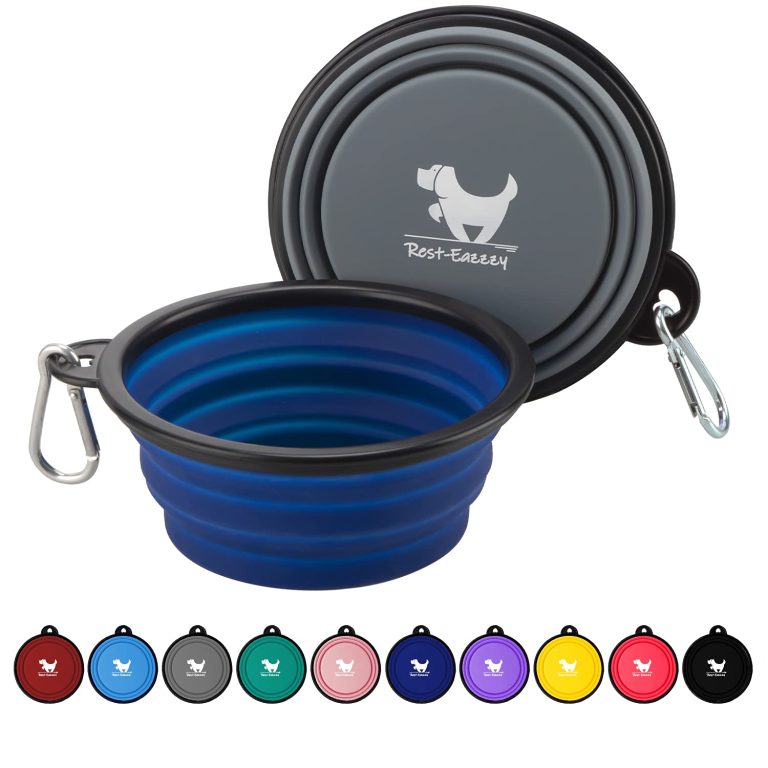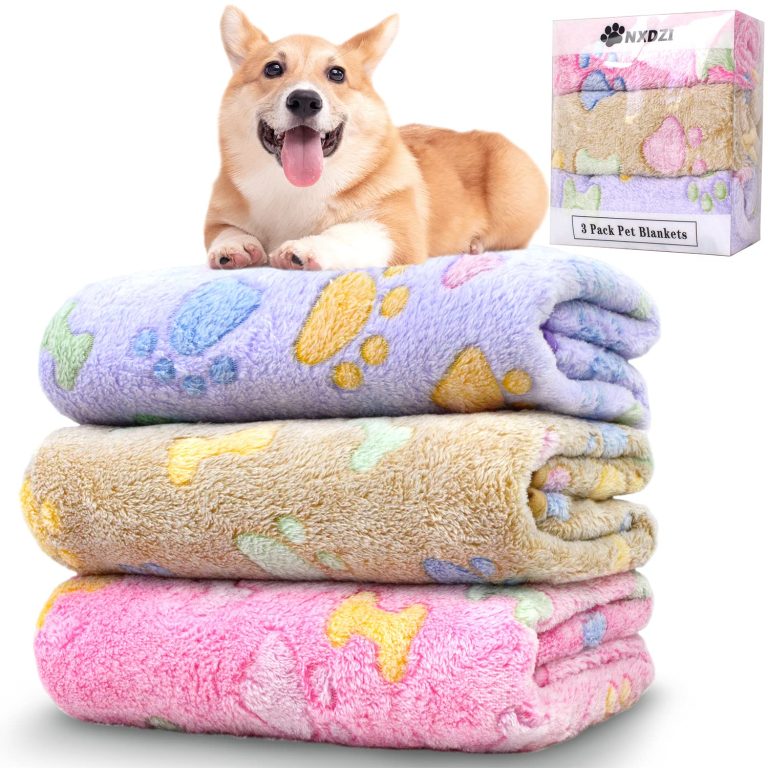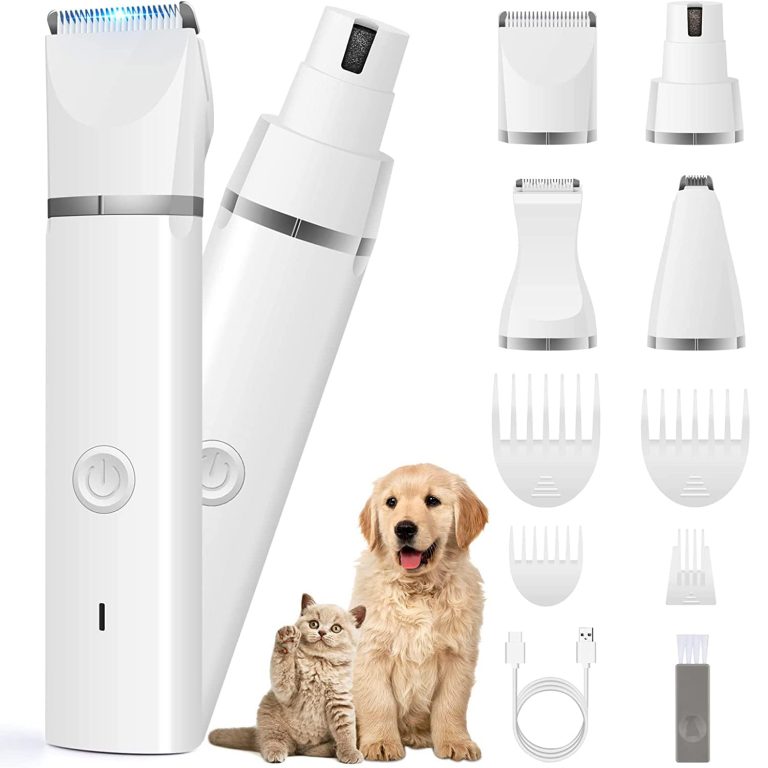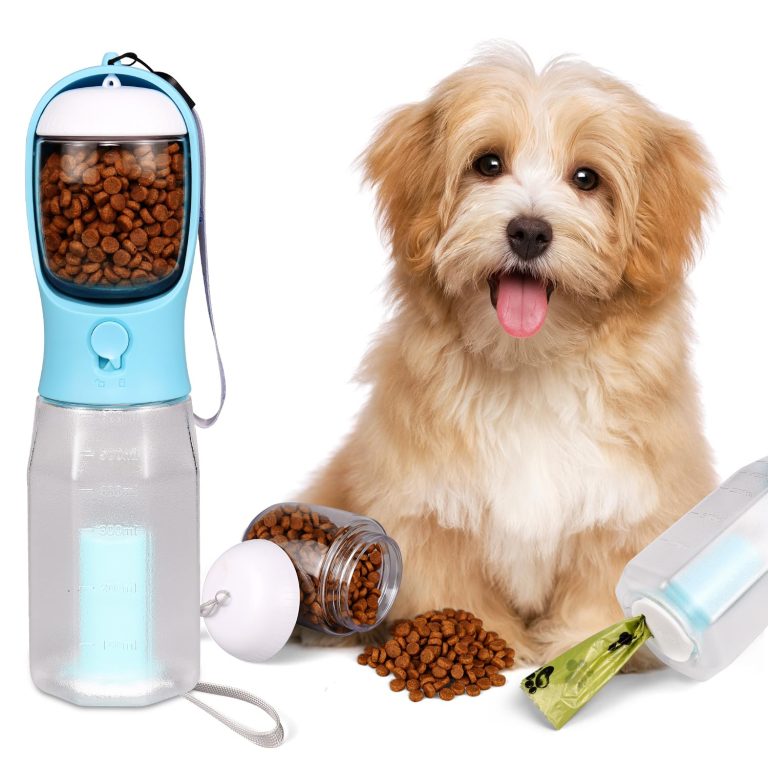Basset Hound
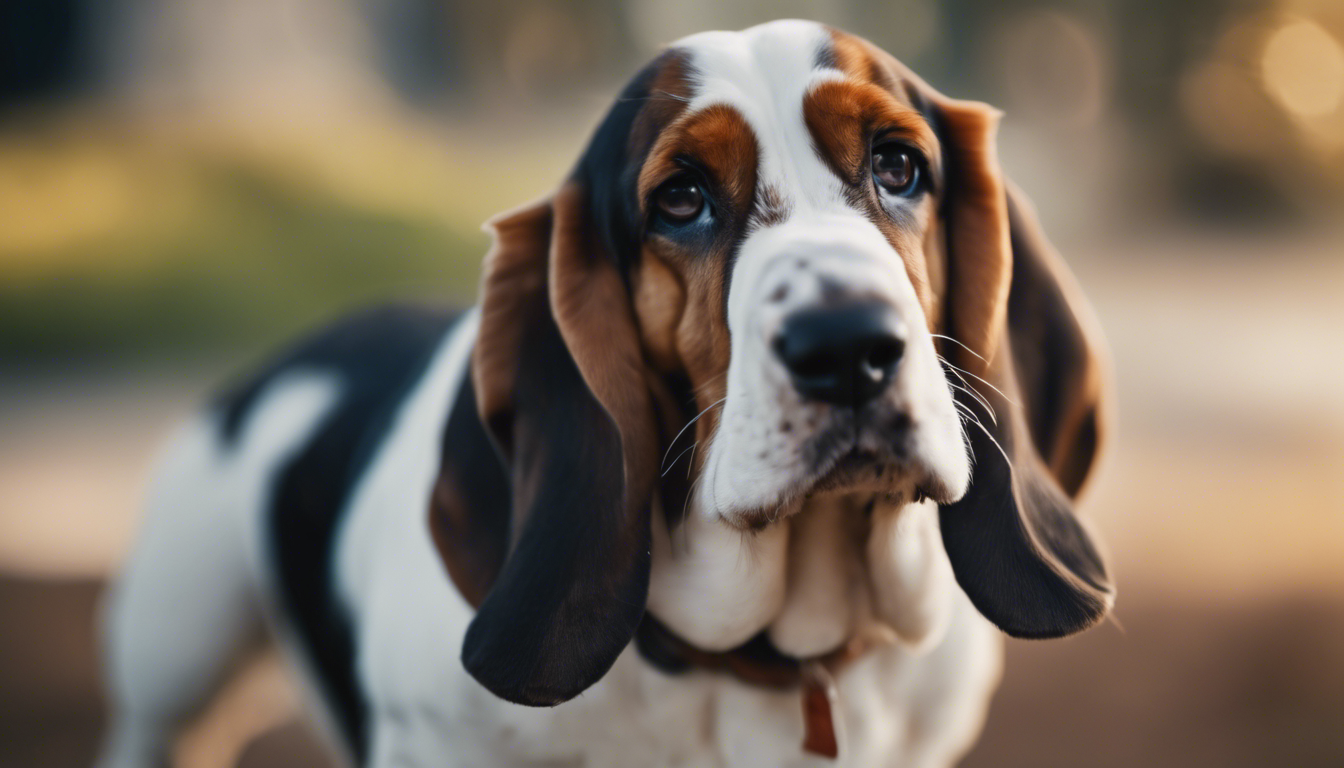
Basset Hounds are beloved for their unique appearance and gentle temperament. This breed is known for its long ears, droopy eyes, and distinctive shape. If you’re considering bringing a Basset Hound into your family, it is important to understand their breed-specific traits, strengths, weaknesses, and how to properly care for them.
Breed-Specific Traits
Basset Hounds are a medium-sized breed with a sturdy build. They have short legs, a long body, and loose skin that hangs in folds. Their most notable feature is their long, droopy ears, which help to enhance their exceptional sense of smell.
Temperament
Basset Hounds are known for their friendly and laid-back nature. They are typically good-natured, patient, and get along well with children and other pets. However, they can be stubborn at times, so consistent training is important.
Due to their strong sense of smell, Basset Hounds can easily become distracted by interesting scents. This can make recall training more challenging than with other breeds. It is important to keep them on a leash or in a secure, fenced area to prevent them from wandering off.
Exercise Needs
Although Basset Hounds have short legs, they still require regular exercise to maintain a healthy weight and prevent obesity. Daily walks and playtime in a securely fenced area are essential for their physical and mental well-being. However, it’s important to avoid over-exercising them, especially in hot weather, as they are prone to overheating due to their short snouts.
Potential Health Issues
Basset Hounds are generally a healthy breed, but they can be prone to certain health issues. One common problem is obesity, so it is important to monitor their diet and provide regular exercise to prevent weight gain. That’s especially important as excess weight can exacerbate other health issues.
Their long ears are susceptible to infections, so regular cleaning and inspection are necessary. Basset Hounds also have a predisposition to joint and bone problems, including hip dysplasia and intervertebral disc disease. Regular veterinarian check-ups and a proper diet can help mitigate these potential issues.
Grooming Requirements
Basset Hounds have a dense, short coat that requires minimal grooming. Their fur should be brushed regularly to remove loose hair and keep their coat healthy. Pay extra attention to the folds of skin around their face and neck to prevent the accumulation of dirt and moisture.
Regular ear cleaning is vital for Basset Hounds to prevent ear infections. Check their ears weekly and gently clean them with a veterinarian-recommended cleansing solution.
Dietary Recommendations
Since Basset Hounds are prone to obesity, it is important to feed them a balanced diet and monitor their portions. Choose a high-quality dog food that’s appropriate for their age, size, and activity level. Avoid overfeeding or giving them too many treats, as this can contribute to weight gain.
Additionally, Basset Hounds have a tendency to gulp down their food quickly, which can lead to bloating and other digestive issues. To prevent this, consider using slow feeders or dividing their meal into multiple smaller portions throughout the day.
Basset Hounds are a wonderful, friendly breed that can make loyal companions. By understanding their breed-specific traits, strengths, weaknesses, and following proper care guidelines, you can ensure that your Basset Hound lives a happy and healthy life. Remember to provide them with regular exercise, a balanced diet, and lots of love and attention. With the right care, your Basset Hound will thrive and become an inseparable part of your family.
